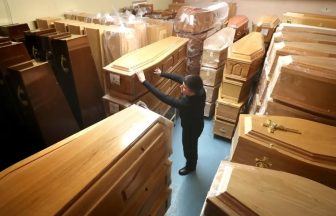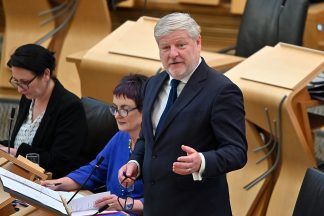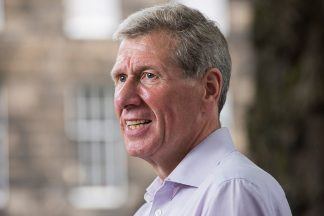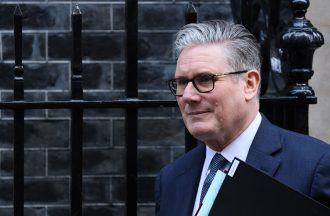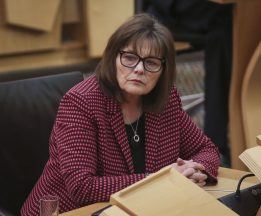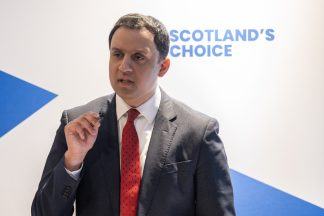Key Points
Here’s what the UK-EU deal means for you?
-
 ‘Youth experience scheme’ for young Britons to study and live in Europe
‘Youth experience scheme’ for young Britons to study and live in Europe -
 ‘Lower food prices at the checkout’ by making trade with the EU cheaper and easier
‘Lower food prices at the checkout’ by making trade with the EU cheaper and easier -
 British travellers to use passport e-gates on the continent
British travellers to use passport e-gates on the continent -
 Drive down energy bills by co-operating with Brussels.
Drive down energy bills by co-operating with Brussels. -
 Twelve-year fisheries deal, granting EU vessels continued access to UK waters
Twelve-year fisheries deal, granting EU vessels continued access to UK waters
Prime Minister Keir Starmer struck a major reset deal with the EU on Monday, but what does it mean for people in Scotland?
The deal was struck between the Prime Minister and European Commission president Ursula von der Leyen at the first ever UK-EU summit this week.
It will impact trade, fishing, youth mobility on the continent, and energy costs in a variety of ways.
Although Starmer faced accusations of “surrender” over the extension of fishing rights until 2038 and an agreement to “dynamic alignment” with Brussels on areas including food standards and energy, he has insisted the deal puts Britain “back on the world stage”.
Here’s what it means for people in Scotland – and across the UK.
Youth mobility
The UK and EU have agreed to co-operate on a “youth experience scheme”, which will allow young Britons to study and live in Europe and vice-versa.
It’s a controversial move after the Prime Minister announced proposals to crack down on both legal and illegal immigration just last week.
However, British officials insisted numbers would be capped and stays would be time-limited.
There’s also a commitment to work towards the UK re-joining with the Erasmus+ student exchange programme – the EU’s programme to support education, training, youth and sport across the continent.
E-gates
Since Brexit, British travellers have generally not been able to use e-gates in the Schengen Zone.
Starmer’s new deal is seeking to change that and put an end to “those huge queues at passport control” on the continent.
Under the deal struck with Brussels, there will be “no legal barriers” for British travellers to use e-gates in Europe – after the introduction of the EU’s highly anticipated Entry/Exit System.
“This means that, where enabled, UK passport holders will be able to use eGates across Europe,” the Government explained.
“We will now work with EU Member States to expand access, improving our citizens’ travel experience and reducing queues at entry points across the EU.”
However, it will ultimately be up to individual EU countries to decide whether British passport holders can use e-gates at their airports.
Fish
The agreement included a 12-year fisheries deal that Starmer claimed would bring stability to the industry.
It guarantees EU fishing vessels the same post-Brexit access to UK waters that they have had post-Brexit until June 2038.
Scottish secretary Ian Murray has said the deal gives fisheries wide access to the new markets of the EU and also “pushes away all that red tape” that was there before.
“Not one more fish will be taken out of Scottish waters by an EU trawler as part of this deal and that provides that stability and certainty,” Murray said, speaking on BBC Radio Scotland on Tuesday.
Despite intense criticism from the Scottish Fishing Federation, the Prime Minister has insisted the deal is “good for fishing” and the “people of Scotland will benefit”.
Lower food prices
The deal will also supposedly lower food prices for people in the UK.
It is hoped that prices will fall as the deal cuts through red-tape, paperwork, and border restrictions for farmers and businesses on both sides of the channel.
More specifically, UK businesses will be allowed to sell burgers, sausages, shellfish, and seed potatoes to Europe again.
Routine checks on certain imports from the EU for products such as milk, dairy, eggs, red meat, plants for planting, and potatoes, will also be removed, reducing the cost to bring these products into the UK.
“We’ve struck a deal to make food and agriculture trade with the EU cheaper and easier. Slashing red tape and bureaucracy. That will mean lower food prices at the checkout,” Starmer said.
“[That means] more choice on our supermarket shelves – and more money in people’s pockets.
“It will boost British exporters because, once again after a long absence, we’ll be able to sell great British burgers, shellfish and other products into the EU.”
Lower energy bills
The Government has also struck a deal that they promise will “drive down energy bills in the long term” for people in the UK.
Starmer is planning to achieve that goal through increased cooperation with Brussels.
“The agreement negotiated by the last government left us with more disconnected with our closest neighbours despite being physically connected to the European grid by our undersea cables,” the Prime Minister said.
“Today’s deal will see us work to bring these systems together again – benefitting bill payers and boosting our renewables industry in the North Sea.”
Follow STV News on WhatsApp
Scan the QR code on your mobile device for all the latest news from around the country


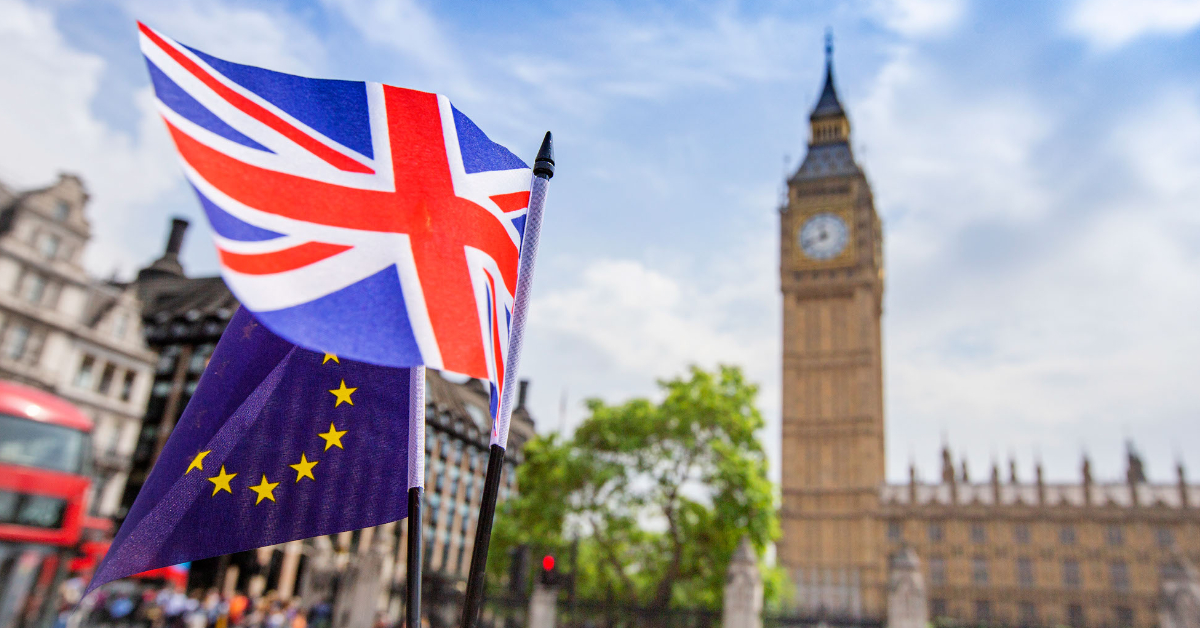 iStock
iStock




